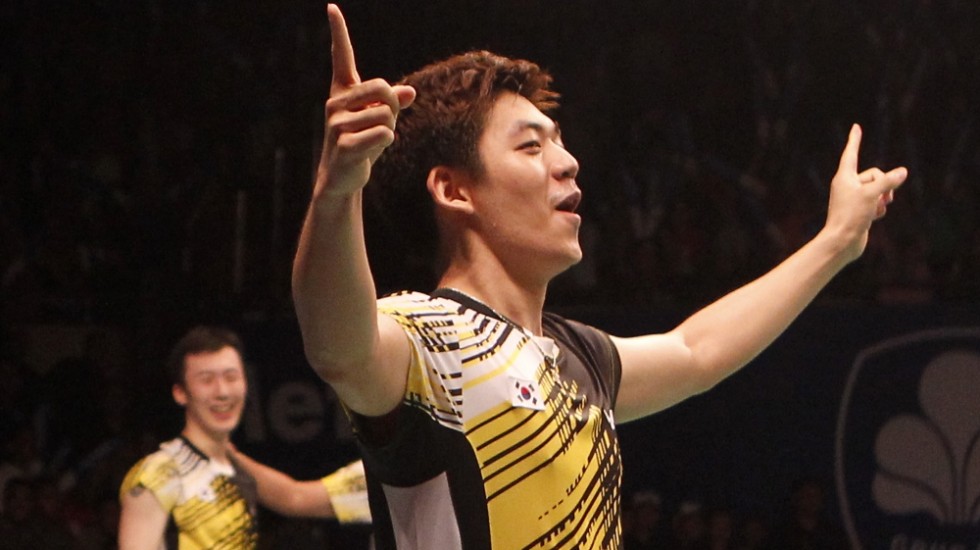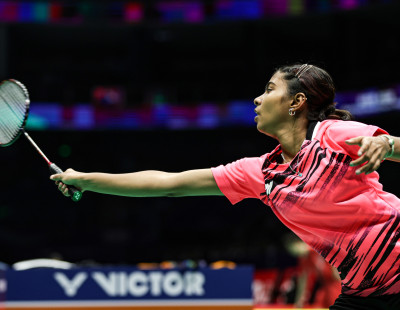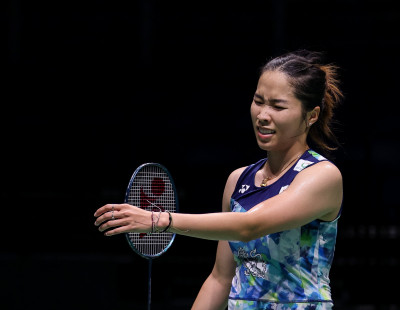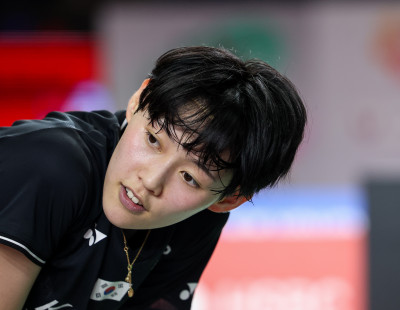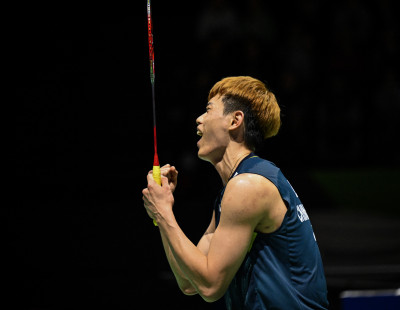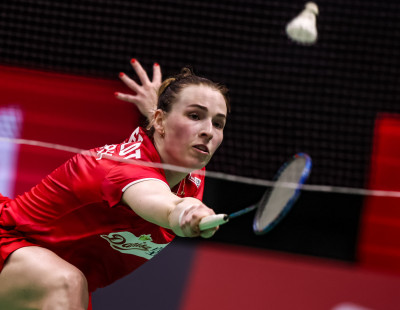Five new Superseries winners were crowned this year even as Men’s Doubles witnessed a change of guard.
A host of familiar faces either eased out of badminton, or split from their longtime partners. The emergence of new stars somewhat compensated for the fading out of the old.
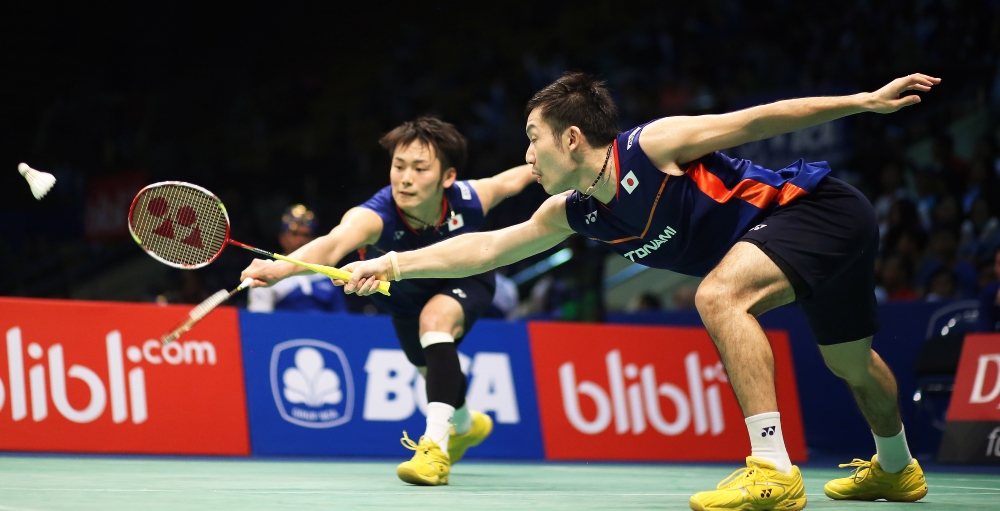
The badminton community had to come to terms with the retirements of Korea’s Lee Yong Dae, Kim Gi Jung and Shin Baek Cheol, Japan’s Kenichi Hayakawa and Germany’s Michael Fuchs. Superstar Lee, having announced his retirement on the eve of his home Victor Korea Open, enjoyed the perfect farewell, as he and Yoo Yeon Seong won an entertaining final over China’s young guns Li Junhui/Liu Yuchen. Memorably for Lee, he became the most successful doubles player in the history of World Superseries, with 43 titles, just one short of the overall record held by Malaysia’s Lee Chong Wei.
The retirement of the three Koreans was a further dampener to Korea, who had a disappointing campaign at the Rio Olympics.
The Koreans had gone in to Rio with strong prospects in Men’s Doubles. Kim Gi Jung/Kim Sa Rang won the Celcom Axiata Malaysia Open, while Lee/Yoo were in brilliant form mid-season, winning the BCA Indonesia Open and the Asian Championships.
Lee/Yoo (featured image) were the top contenders for gold, but the pressure of expectations weighed them down and they fell in the quarter-finals. Compatriots Kim and Kim had a golden opportunity to make the semi-finals, but they blew three match points against eventual winners Zhang Nan/Fu Haifeng of China. The two pairs – who had powered Korea past China in the quarter-finals of the Thomas Cup in May – both failed to capitalise on opportunities in the highest-profile event of the year.
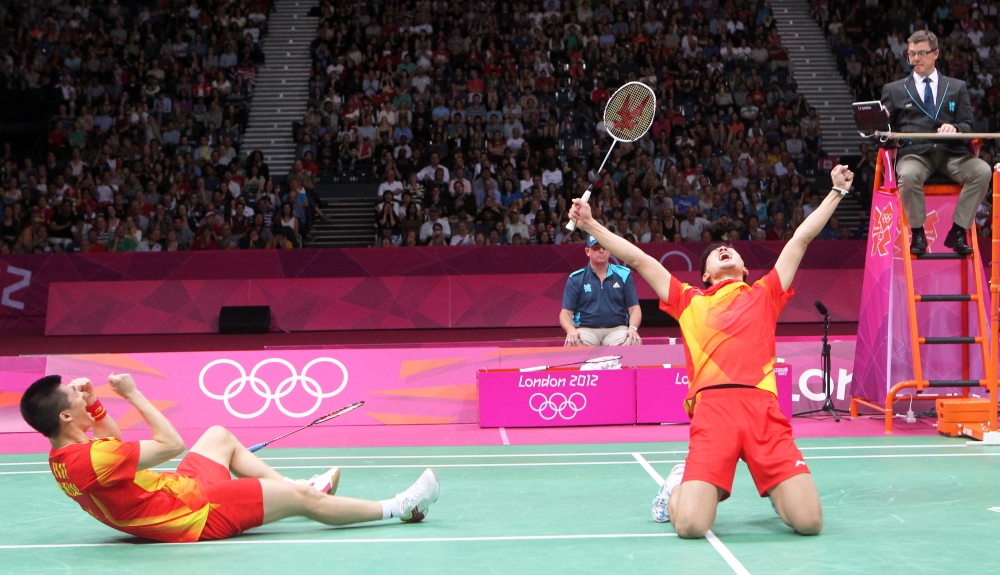
In contrast to the Koreans, China’s Fu Haifeng and Zhang Nan grabbed the half-chances that came their way. The Chinese hadn’t displayed great early season form even though they captured the OUE Singapore Open title; they however displayed exemplary tenacity as they saved three match points in the quarter-finals and two in the final to ascend the Olympic throne. It was Fu’s second straight Olympic gold medal and added to his collection of four World Championships titles, ensuring his status as an all-time great, while Zhang became one of a select few to win Olympic gold in both doubles categories. Following the Olympics, the Fu/Zhang pair was split; Zhang has been partnered with younger players, while Fu is expected to call time on his career.
The MetLife BWF World Superseries season had unexpected early winners when Vladimir Ivanov and Ivan Sozonov stunned the field with their maiden Superseries victory at the Yonex All England.
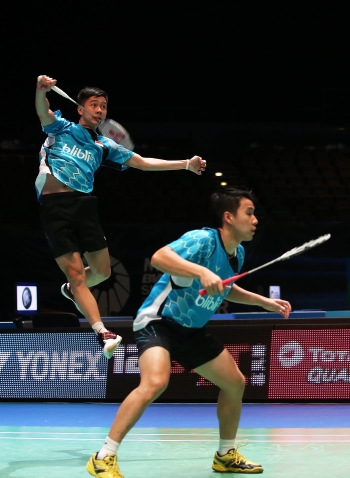 It was then the turn of Indonesia’s Marcus Fernaldi Gideon and Kevin Sanjaya Sukamuljo to dominate the competition at the Yonex Sunrise India Open. The Indonesians proved it was no one-off accomplishment by winning two more Superseries – in Australia and in China. Their title win at the Thaihot China Open, against crafty Danes Mathias Boe and Carsten Mogensen, showed they had the street smarts to go with their unbounded talent.
It was then the turn of Indonesia’s Marcus Fernaldi Gideon and Kevin Sanjaya Sukamuljo to dominate the competition at the Yonex Sunrise India Open. The Indonesians proved it was no one-off accomplishment by winning two more Superseries – in Australia and in China. Their title win at the Thaihot China Open, against crafty Danes Mathias Boe and Carsten Mogensen, showed they had the street smarts to go with their unbounded talent.
It was an eventful year for Carsten Mogensen. The Dane suffered a brain aneurysm in February and had to undergo surgery. Despite the surgery and the layoff, Mogensen and Boe returned to competitive badminton in four months; they showed they were in business by beating China’s bright new pair Li Junhui and Liu Yuchen in the first round of the Indonesia Open.
Their high point was to come at the Yonex French Open in October with a title win over Thailand’s Bodin Isara/Nipitphon Phuangphuapet. They would make two more finals in succession – in China and Hong Kong – enabling them to qualify for the Dubai World Superseries Finals. However, owing to Boe’s illness, the Danes couldn’t compete in Dubai.
Mogensen’s layoff meant he missed making history with Denmark’s Thomas Cup-winning team in May. The team, despite missing Mogensen and with a few members nursing injury niggles, still displayed great spirit to claim Europe’s first Thomas Cup title. The Danes prevailed in a close 3-2 final over Indonesia. Denmark’s other doubles pairs such as Mads Pieler Kolding/Mads Conrad-Petersen and Kim Astrup/Anders Skaarup Rasmussen built on their Thomas Cup success, performing consistently in the Superseries that followed. Europe also had good news at the Olympics, with Great Britain’s Chris Langridge/Marcus Ellis winning the bronze medal.
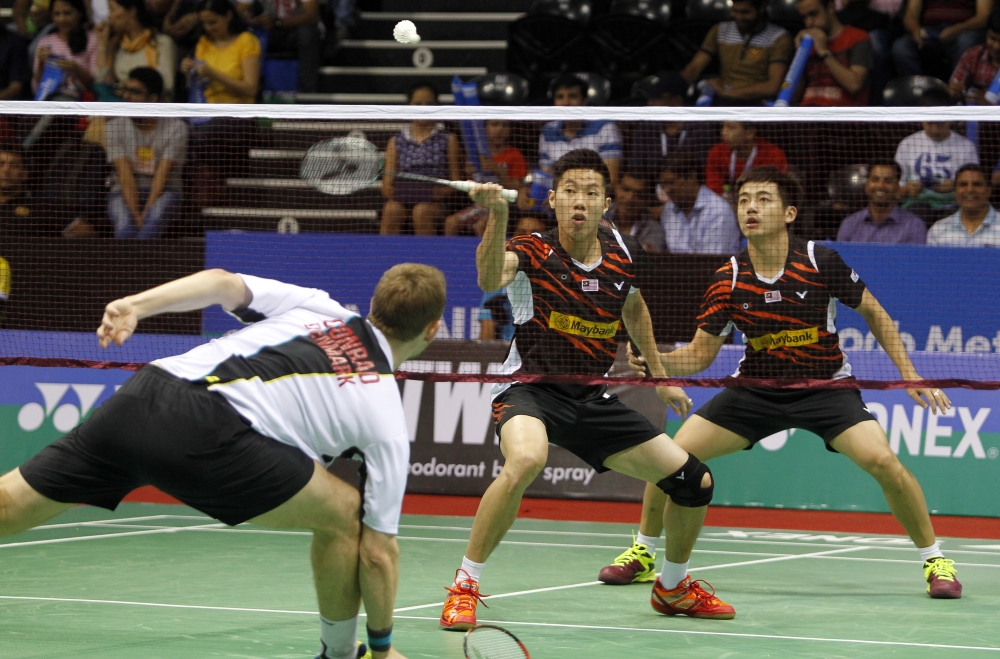
Goh V Shem and Tan Wee Kiong ascended to the World No.1 spot with a strong showing in the latter half of the year. Goh and Tan won silver in Rio and prevailed in a tight final at the Yonex Denmark Open over Thailand’s Isara and Phuangphuapet – it was the first Superseries win for the Malaysians. The year closed on a high as they held off the other top seven pairs to win the Dubai World Superseries Finals. The straight games win over Japan’s Takeshi Kamura/Keigo Sonoda in the final showed that the Malaysians, when on song, could be the pair to watch next season.
Kamura and Sonoda too had a memorable 2016, taking over from Hiroyuki Endo/Kenichi Hayakawa as Japan’s top pair. Endo and Hayakawa couldn’t make an impact at the Rio Olympics as Hayakawa was nursing a back injury; his retirement after the Olympics saw Endo pairing up with new prospect Yuta Watanabe.
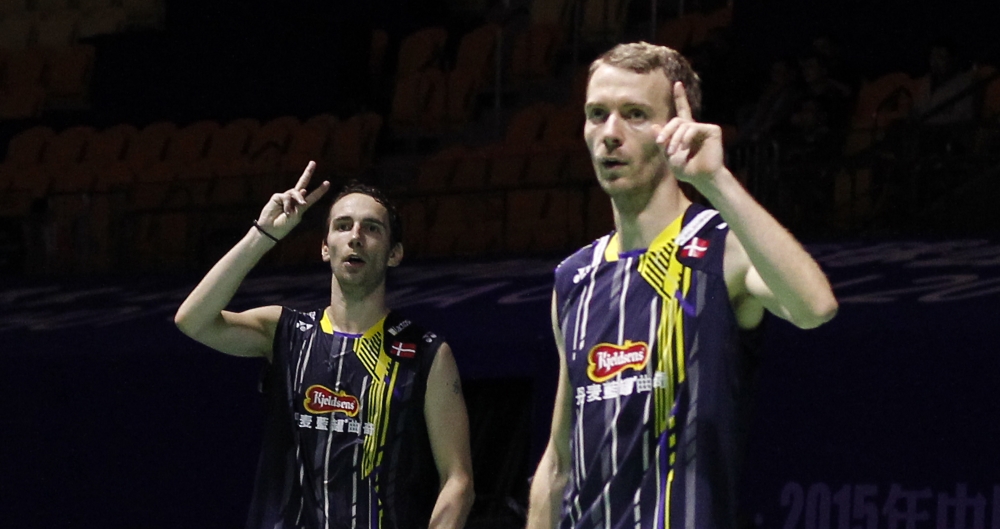
Kamura and Sonoda shot into form at the Yonex-Sunrise Hong Kong Open, beating Boe and Mogensen in the final for their maiden Superseries victory. They made a second straight Superseries final by reaching the final in Dubai.
Another pair to win their maiden Superseries crown was China’s Li and Liu, with the title in Japan. The young duo emerged as China’s most promising Men’s Doubles prospects with final appearances in the Asian Championships and in Korea. Their seniors, Chai Biao and Hong Wei, continued to have trouble with consistency – the closest they came to winning a title was in Indonesia, where they lost the final to Korea’s Lee/Yoo in three games.
While Indonesia could celebrate the rise of Fernaldi/Sukamuljo, they had to swallow the decline of World champions Mohammad Ahsan/Hendra Setiawan, who failed to make a single final this year. Their disappointing campaign in Rio saw them try their luck with new partners.


















